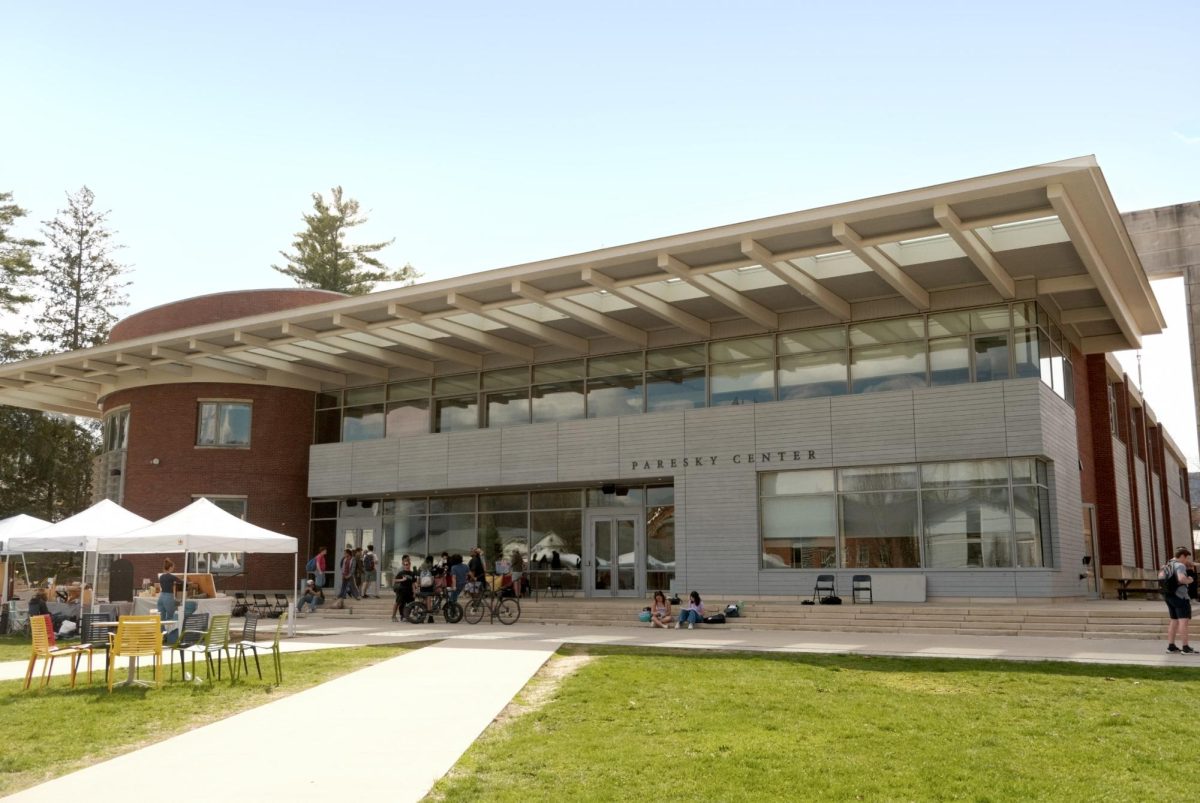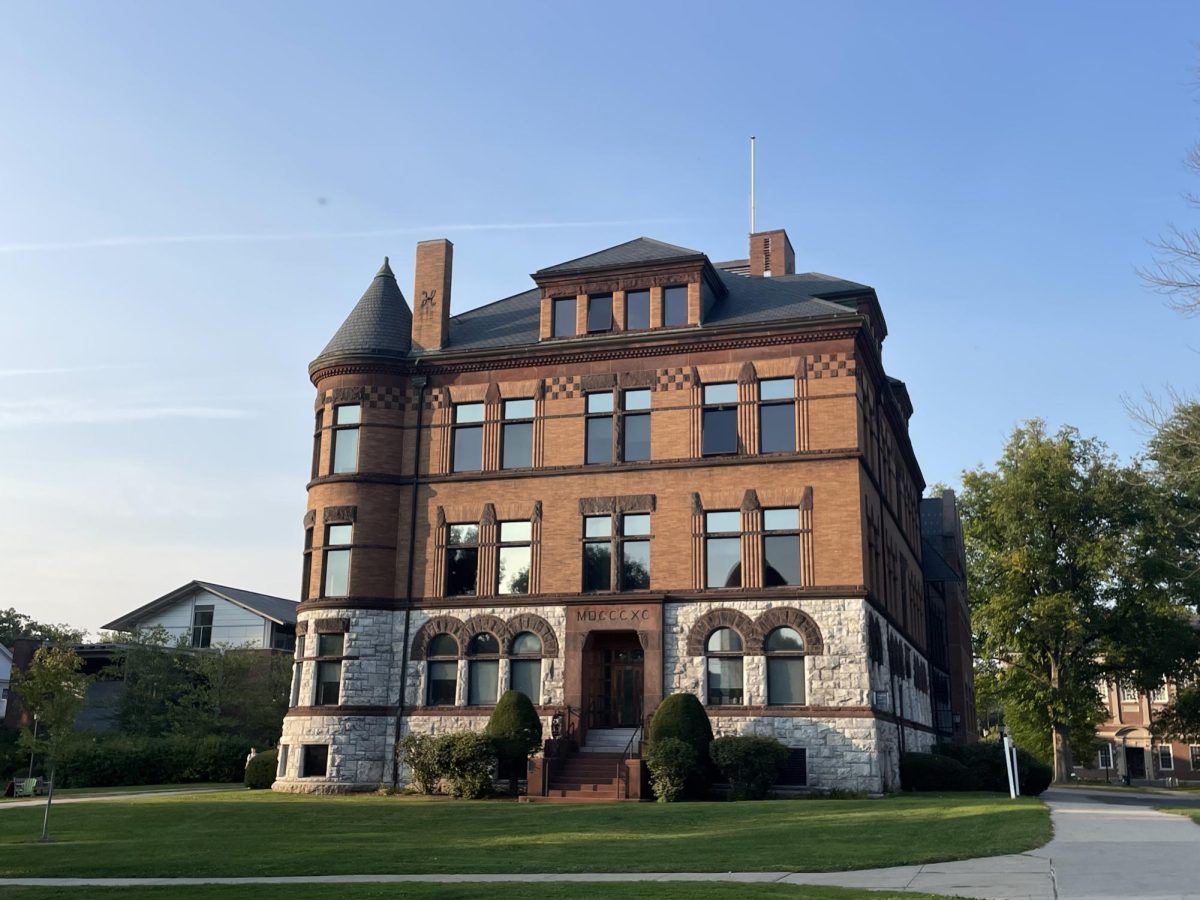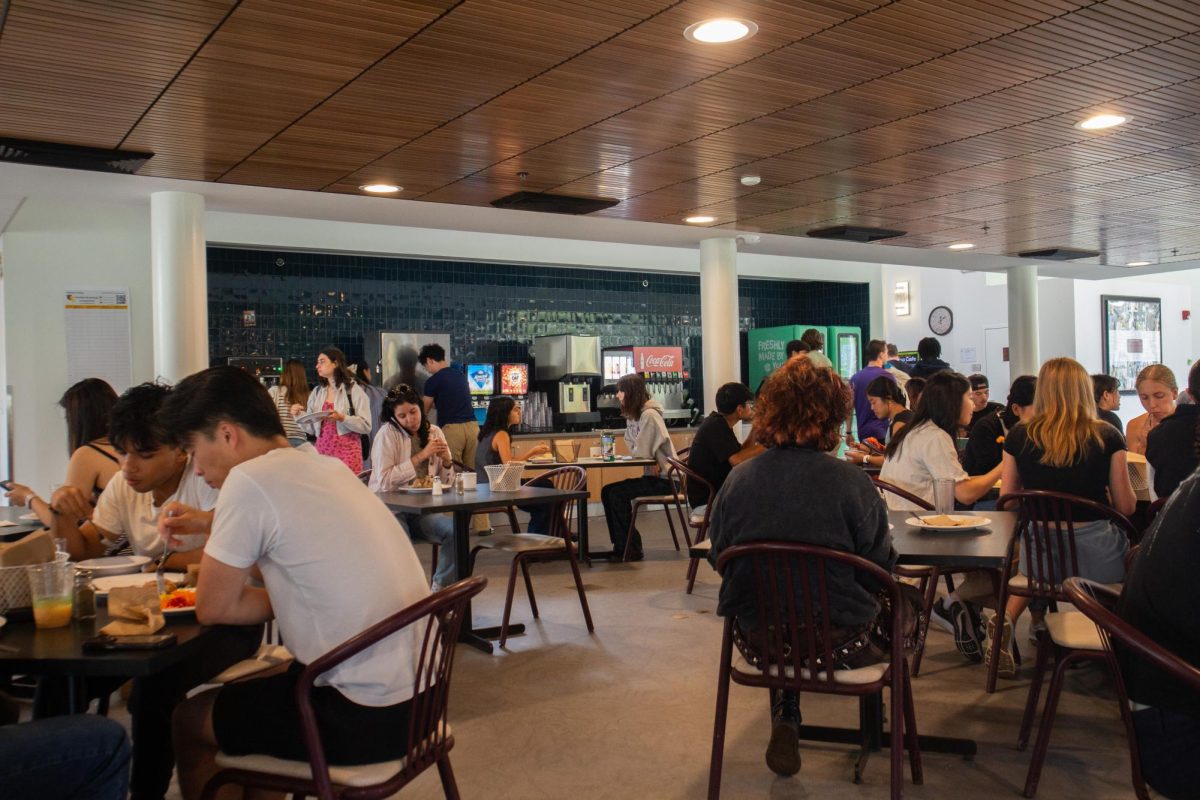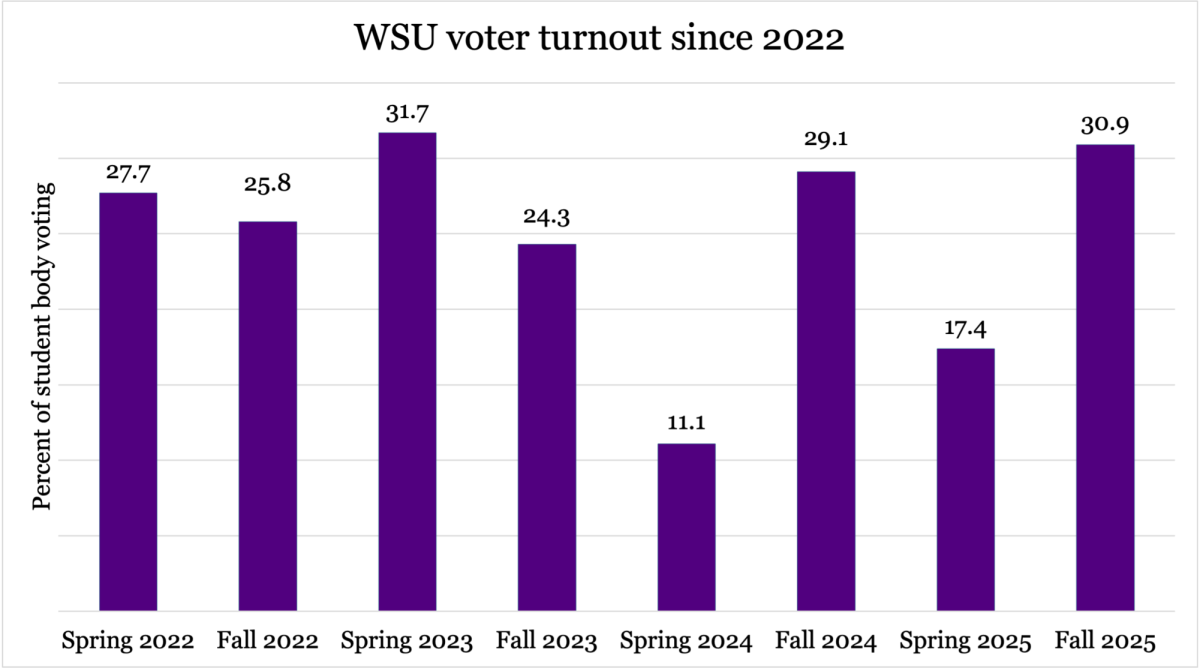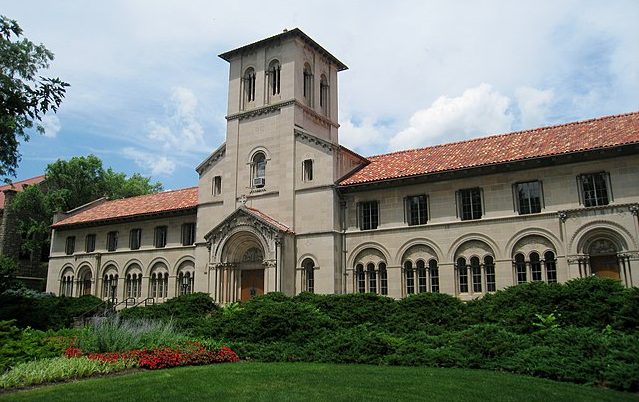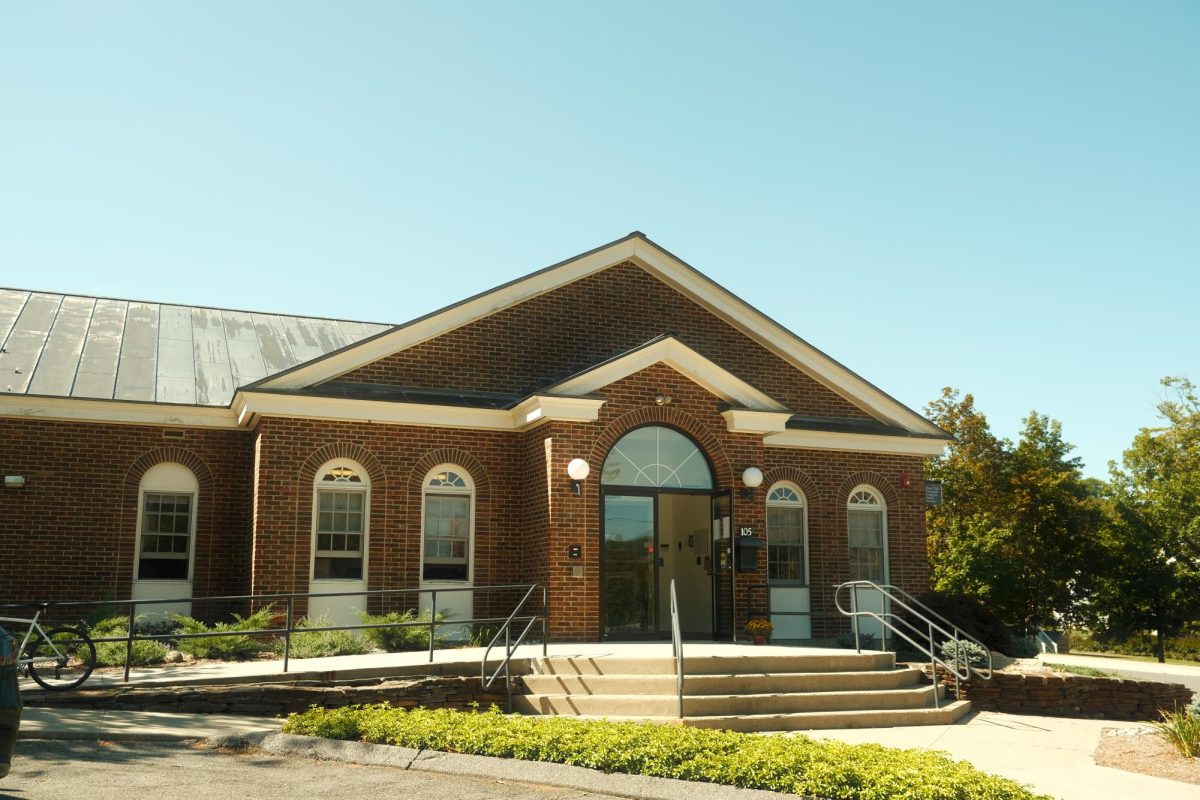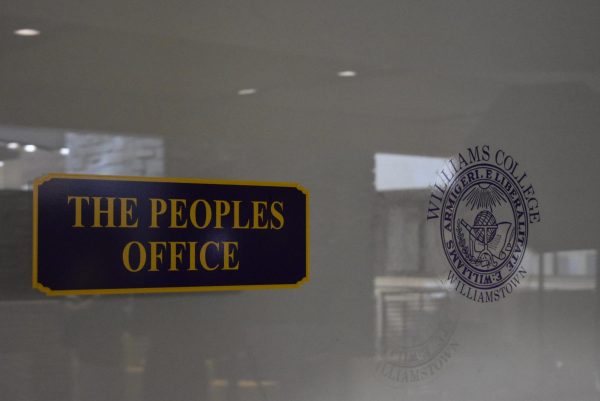
Members of the Facilitators for Allocating Student Taxes (FAST) — the student-run body that allocates funding to Registered Student Organizations (RSOs) for programming and activities — are exploring avenues to increase their annual budget following a sharp decrease in the group’s available funds this year.
FAST began the 2024–25 year with a budget that is approximately two-thirds of the previous year’s budget, which has resulted in some RSOs receiving smaller allocations of funds. To address the smaller budget, members of FAST and of the administration have considered increasing the student activity tax or changing FAST’s constitution and bylaws.
FAST is run by five salaried student members — Jezebiel Gonzalez ’26, Akiko Jindo ’25, Palvasha Khan ’25, Andrew Oh ’25, and Osegie Osayimwen ’27 — who were elected in the spring to serve until the end of this academic year. FAST’s budget consists of funds from the annual student activity tax included in the comprehensive fee and surplus money carried over from the previous year.
[Editor’s note: Khan, executive editor-at-large, was not involved in the writing or editing of this article.]
Because of the group’s smaller budget, members of FAST met with Senior Associate Dean for Administration, Finance, and Strategy Jeff Malanson on Oct. 8 to explore ways that FAST can access more funds. While Malanson does not directly oversee FAST, the dean’s office supervises the Office of Campus Life (OCL), which manages FAST.
In a joint statement to the Record, FAST members wrote that, during the meeting, they asked if the College could directly supply additional funding to FAST, but Malanson said the College could not.
“The College doesn’t have just a pool of undedicated funds — especially in the amount they’d potentially be looking for — that we’re able to give,” Malanson told the Record. “We spent a lot of the time brainstorming around how best to manage the situation this year, and then some steps they could take to engage in constructive future planning so everyone’s better prepared for what the financial situation will be next year and in any future year.”
The members of FAST previously wrote in a statement to the Record that the College could consider increasing the student activity tax, which is one component of the comprehensive fee paid annually by students, to generate revenue for FAST and support RSOs. Each year, the Budget and Finance Committee of the Board of Trustees issues a recommended amount and composition of the comprehensive fee to the Board of Trustees for final approval.
FAST has not yet brought its concerns to the attention of the trustees, the members wrote in their joint statement. “FAST would like to conduct more research into the process, as we are unsure of any potential repercussions, such as an increase in tuition for students,” they wrote. “Our goal is to increase access to funding for all students, but we don’t want that to lead to unintended consequences for students.”
Noriko Honda Chen ’89, chair of the Budget and Finance Committee, did not respond to request for comment.
Malanson said an increase in the student activity tax might alleviate FAST’s budget concerns. “On a $175 student activities fee, the additional X-percent increase — compared to the relative cost of what Williams is for attendance — is a very small amount,” he said. “But, spread across the 2,200 students who are paying, it can have a significant impact on the revenue FAST has available each year.”
In addition to the student activity tax, FAST’s available funds also include surplus money carried over from the previous year’s budget. In a previous statement to the Record, FAST members attributed this year’s smaller budget to minimal rollover from the past year, which will likely continue for the foreseeable future. Malanson suggested that rollover was higher in previous years due to limited RSO activity during the COVID-19 pandemic.
Malanson also told the Record that the uncommonly large budget in recent years set high expectations for the funds available to RSO leaders.
In their statement, the members of FAST agreed with Malanson’s assessment and added that they would like groups to re-evaluate their spending habits to reduce costs.
Members of FAST added, however, that even if RSO leaders adjust their expectations, problems will persist. They said that this year’s constrained budget is also the result of more RSOs requesting funding as well as increasing inflation in recent years that has not been matched by an increase in the student activity tax.
In their meeting, Malanson and the members of FAST also considered if FAST’s constitution or bylaws could be amended to address long-term structural concerns. The constitution divides RSOs into sectors: All Campus Entertainment, Williams Outing Club, Competitive Teams, Minority Coalition, Performance Groups, and At-Large. Each sector is allocated a certain percentage of the total funds, and any supplemental budgeting is drawn only from that sector’s allocation — for instance, if the supplemental funds for Performance Groups are depleted, a performance group could not draw from the Competitive Teams pool.
Malanson suggested that the current sector allocation could be an obstacle to distributing funding effectively. “What would have made sense as the distribution [a few] years ago may not make sense [now],” he said. “Are there sectors that are regularly running out of money? Are there sectors that regularly have too much money? What’s the creative way of rebalancing that over time?”
FAST’s constitution states that the sector allocation can be amended only by a student referendum. The members of FAST wrote that, while they are considering changes to the constitution, including the sector allocation, a referendum is unlikely to take place before the spring election of next year’s FAST members.
“We want to be thoughtful about proposing such changes, meaning we would want to hear student feedback before doing anything concrete,” they wrote.









